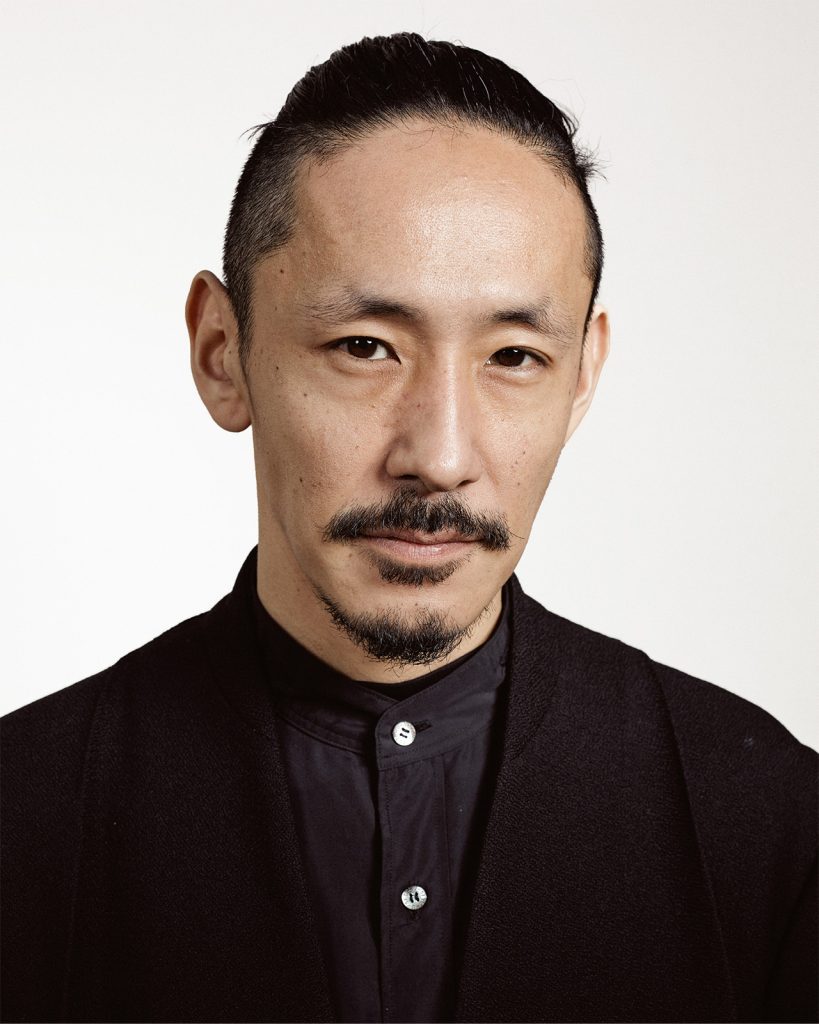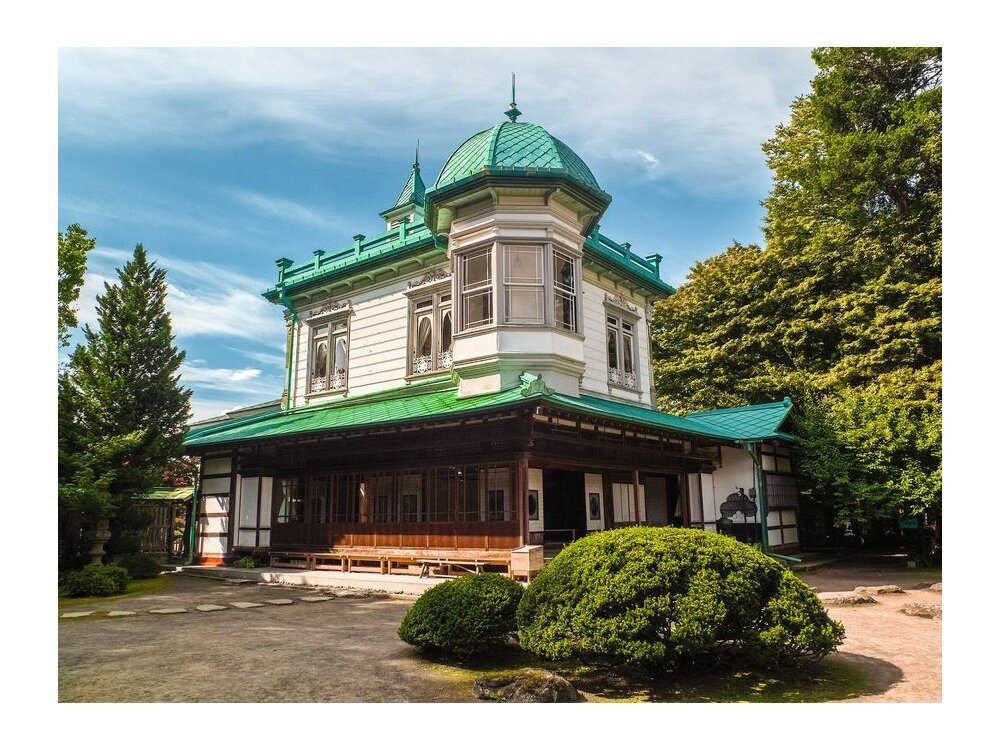
Dominated by great emerging talents from countries like Italy, France and the United Kingdom, the finalists of the 2023 LVMH Prize for Young Designers are dedicated, extraordinary designers who each have their own unique take on couture. Being the 10th edition, the 2023 LVMH Prize offers endowment and mentorship to winning brands, elevating their presence on the international stage. On March 24 2023, the finalists were announced after rigorous selection involving 13 other semi-finalists (and over 2,400 candidates). Being the only Asian prize finalist on that list, Satoshi Kuwata achieved an impressive feat on behalf of Asia and his home country Japan, making bold strokes in Asian fashion history.
When asked to comment on this season’s designs, Delphine Arnault, the executive vice president of LVMH and CEO of Dior, mentioned that there is a “great maturity in the approach and work of the designers” and that “cultural diversity, a celebration of traditional crafts and creative audacity define this selection. Naturally, the finalists are fully engaged in dealing with environmental issues and play with the boundaries between menswear and womenswear. Their expertise, their creativity, their uniqueness and their commitment have truly impressed me.”

Moving towards sustainability, these nine LVMH finalists attempt to deconstruct the traditional binaries of gender, while focusing on future-related concepts. This year’s judges include designers like Stella McCartney, Marc Jacobs and Jonathan Anderson, editors including Mel Ottenberg and Edward Enninful, and models like Bella Hadid and Karlie Kloss. The winner of the LVMH prize will be announced on 7th June 2023, joining past winners like S.S. Daley, Nensi Dojaka, and Marine Serre. Get to know more about Satoshi Kuwata below.
The name of Satoshi Kuwata’s brand is “Setchu”, which comes from the Japanese phrase “wayo setchu”. “Wayo” refers to Japan and the West, and “Setchu” means compromise. Hence, the brand encapsulates the fusion of two distinct cultures, creating a sense of newness from the familiar. The image of the Seibien symbolises the aesthetic of his brand. It is a building in Japan that mixes the Western and Japanese style, with the ground floor using Japanese design elements and tatami flooring, while the first floor and its roof are Western and European in nature.

By joining two unexpected elements together in harmony, the Seibien signifies Setchu’s design philosophy, of unisex and interchangeability between genders. Satoshi is also interested in creating simple garments by removing the bulk of construction from his outfits. As stated by Satoshi: “They’re foldable, functional garments,” effectively downplaying their uniqueness.
Satoshi himself did not have a conventional start in the fashion industry. While he comes from Kyoto, Japan, he moved to London to pursue his dream of becoming a fashion designer at the age of 21. He went on to graduate from the prestigious Central St. Martin’s College of Art and Design in London, and worked in Savile Row for Huntsman. During his time there, he learnt that it is important to “always be yourself and always try to find your own way to achieve your goals in the best possible way. Being humble. Always think that you are good but you can be even better if you try harder.”
After his graduation in 2011, he worked for Gareth Pugh and Kanye West in 2011, followed by Givenchy in Paris. Then, he moved to New York as the design director for Edun. Finally, he became the creative director of Golden Goose Luxury Brands in Milan before launching Setchu.
When asked about advice to give any graduates wanting to follow in his footsteps, he states, “Don’t rush, everyone is talented, it’s just a matter of timing. It might take some time for young graduates to get their first job opportunity but don’t give up as it is only a matter of time before somebody discovers your talent.”
Find out more about Satoshi and Setchu from his website and Instagram.
